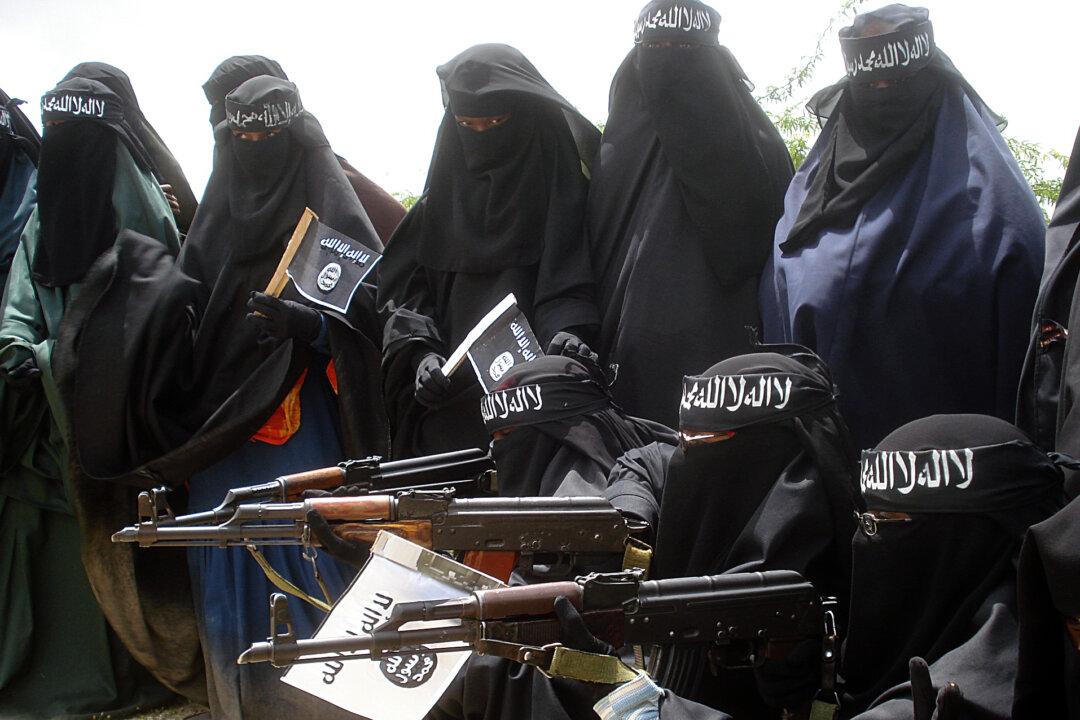MOGADISHU/GAROWE, Somalia—The death toll from the attack on a hotel in Somalia’s port city of Kismayu has risen to 26, with Kenyans, Americans, a Briton, and Tanzanians among the dead, the Jubbaland region’s president said on July 13.
A presidential candidate for upcoming regional elections was also killed in the assault by four terrorists, Jubbaland president Ahmed Mohamed said in a statement. At least two journalists and a U.N. agency staff member were also reported to have been killed.





